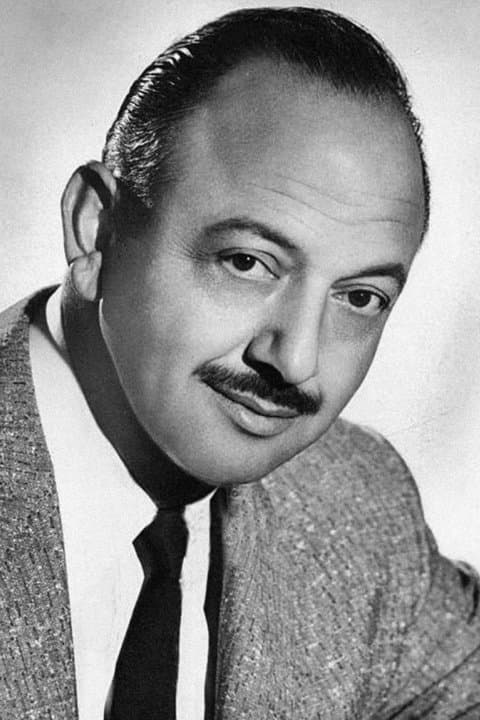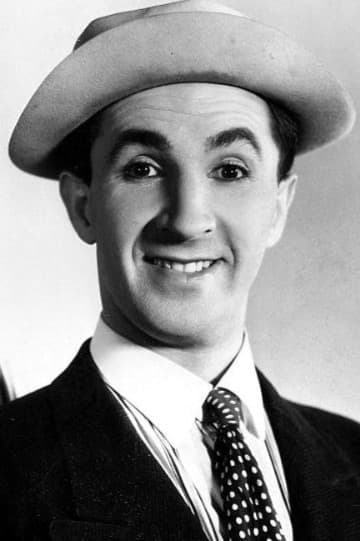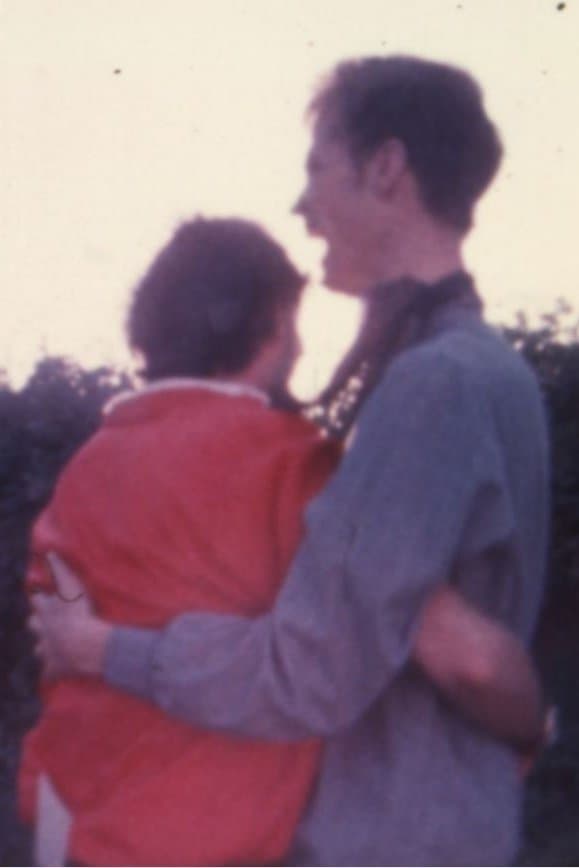
Porky's Building
Jun 18 1937
•0h 8m
•Animation, Comedy, Family
Porky and another contractor are competing to submit the lower bid for a new city hall. When they submit identical bids, the city has them compete, whichever finishes first gets the job.
Cast
See all
Mel Blanc
Porky Pig (voice) (uncredited)

Billy Bletcher
Dirty Digg (voice) (uncredited)

Bernice Hansen
Little Rabbit (voice) (uncredited)
Recommendations
See all
People
People is a film shot behind closed doors in a workshop/house on the outskirts of Paris and features a dozen characters. It is based on an interweaving of scenes of moaning and sex. The house is the characters' common space, but the question of ownership is distended, they don't all inhabit it in the same way. As the sequences progress, we don't find the same characters but the same interdependent relationships. Through the alternation between lament and sexuality, physical and verbal communication are put on the same level. The film then deconstructs, through its repetitive structure, our relational myths.
12
After blowing his professional ballet career, John's only way to redeem himself is to concoct the demise of his former partner, Leah, who he blames for his downfall; he rehearses his salvation in his mind in the way that he rehearses a dance, but being able to break from the routine will be the key to his success.

Express 'Moscow-Russia'
This is a story about a guy who is willing to sell the soul, just to dial million views for your videos on YouTube. On the way to his goal, he turns into a fast train "Moscow - Vladivostok», where faced with an American actress, suffering aerophobia. On the way strangers expect such adventures that they lag behind the train that trying to catch up, moving our unpredictable and fabulous Mother Russia - After each of them need to be in Vladivostok exactly 7 days - for reasons which they carefully conceal from each other.

People
The Red Mountain Tribe hangs out in my backyard. "Lipton's lovely home movie PEOPLE, in its affection for valuable inconsequential gestures, indicates in the course of its three minutes why there has to be a continuing alternative to the commercial cinema." – Roger Greenspun, The New York Times